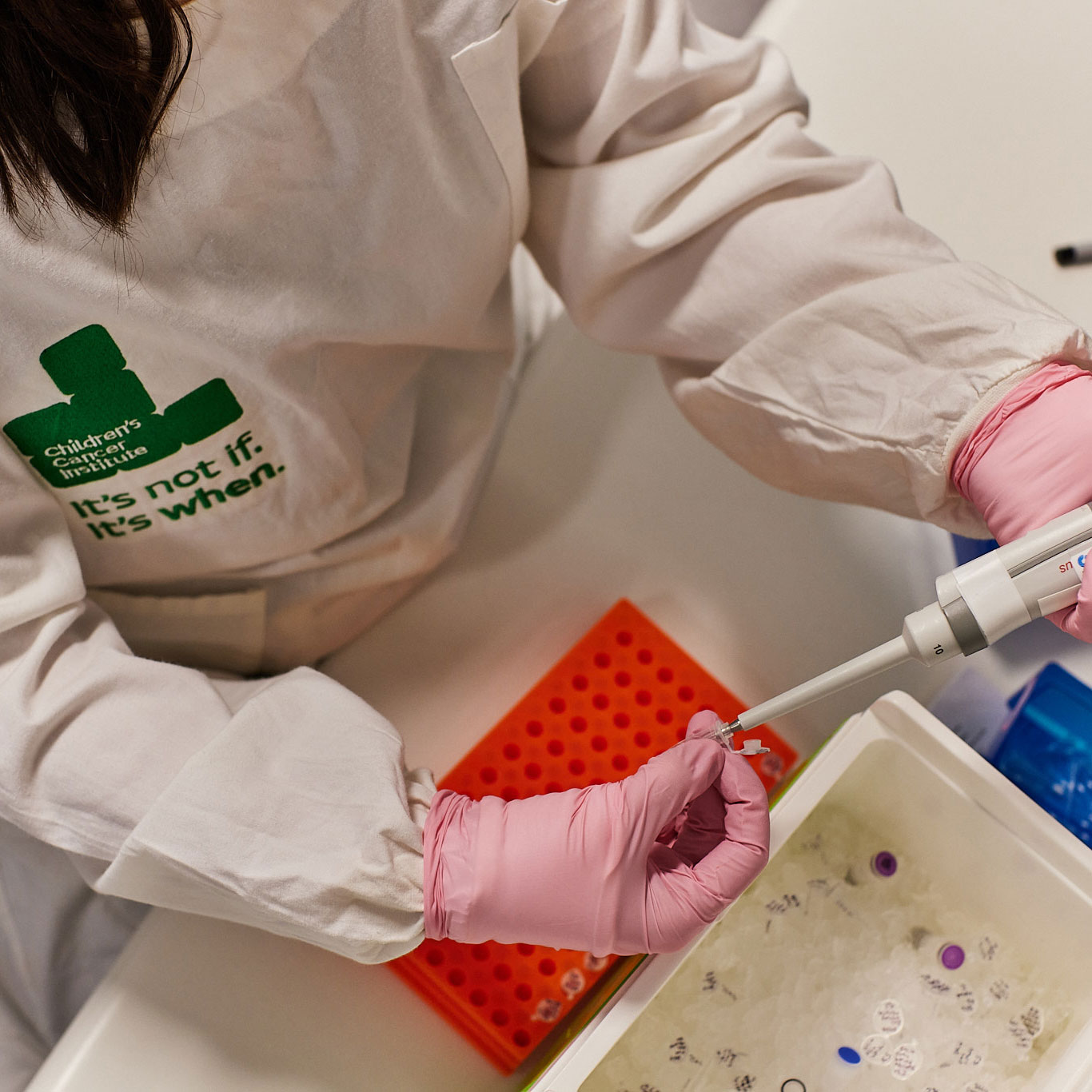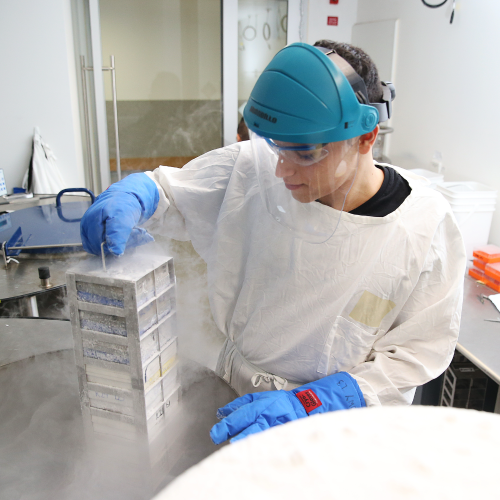Overview
The challenge in curing every child with cancer is that every child’s cancer is different. This means that a treatment that works for one child may not work for another. The answer to reaching a 100% survival rate lies in understanding the individual biology of each child’s tumour, and using this as the basis for clinical trials and targeted treatments that lead to more effective cancer control and improved outcomes long term.
Personalised medicine and cancer
Personalised medicine (also known as precision medicine) is all about tailoring treatment to suit each individual patient, based on the bedrock of an understanding of the unique biology of the disease or disorder in question. For children with cancer, it is about understanding each child’s unique cancer at a genetic and biological level, and how it may best be treated. The ultimate aim is to deliver the right treatment to the right child at the right time.
Zero Childhood Cancer
Zero Childhood Cancer is a unique study aiming to show that comprehensive genomic analyses and innovative drug screening can discover treatment options for children that would otherwise not be identified.
Research aims
By modelling and studying the genetic, epigenetic, and biological changes found in cancer cells, we hope to determine how these changes cause and drive a child’s cancer, improve risk prediction, and identify existing, or develop new, targeted therapies which will work against that cancer. Our findings won’t only benefit individual children with cancer today. They also contribute to our overall understanding of childhood cancer globally, leading to improved health outcomes for all children in the future.
Our approaches
The detailed analysis of each individual child’s cancer generates vast amounts of genomic and biological data. This presents us with an invaluable opportunity not only to identify which treatments may be best suited to that child, but also to better understand childhood cancer in general. In our research, we are continually developing methods to more comprehensively analyse and monitor each child’s cancer. We are also developing new and advanced computational approaches which identify and prioritise clinically relevant genomic alterations − information that may be used to alter a child’s treatment in real time. We also probe the functional molecular biology of tumours so we may better understand how they drive the cancer and what molecules could be targeted to treat the cancer.
Research groups
Student Projects 2024

Student Projects 2024
ViewNews & blogs

Zebrafish models offer fast and effective guidance for perso...

It's not just about the 'type' of cancer anymore

Michelle Haber discusses the 42 years she has dedicated to c...


















